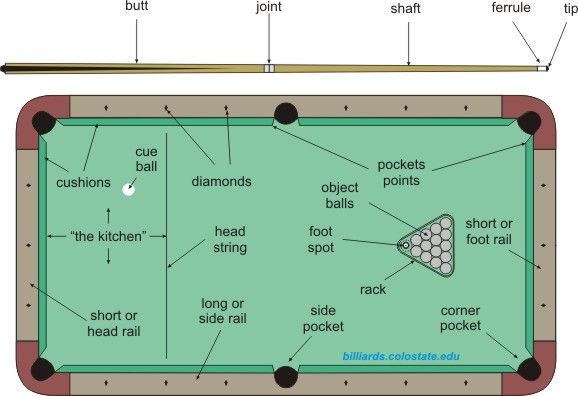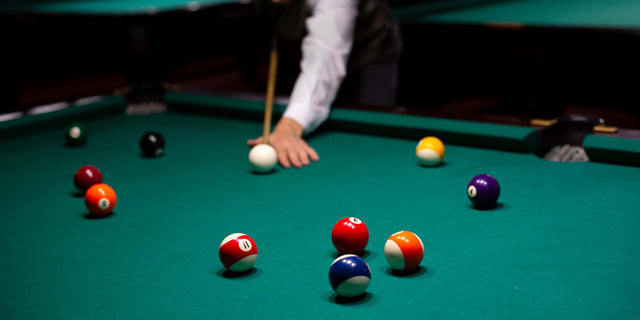
One of most popular sports worldwide is pool. You can play it on many different sizes of tables. It requires high skill, however. There are many types of pool. The most popular are the eight-ball and continuous pools. These games require a high level of skill and can be played as singles, doubles or as a team sport.
The objective of the game is to pot all designated balls. This includes the cue ball, eight-ball and other object balls. Each player receives one of two pockets at each end of the table. They continue until they miss or foul. Fouls are committed when a player puts the ball on the ground and takes a new shot. There are a variety of fouls that can occur, such as a break, hitting the cue ball into an object ball, committing an illegal break, and executing a jump shot.
The official pool rules are the World Standardized Rules. They are used in many international tournaments and organizations, as well as by the Billiard Congress of America. If a foul is committed the ball that was taken must be returned to the pocket and the opponent's cue ball pocketed counts as a point.

Eight-ball is a game where the goal is to get the black eight ball. Depending on the variation of the game, the other balls are numbered 1 through nine. The player who takes a ball from his pocket wins the game.
A normal foul will result in a minus point. The ball must immediately be racked if it is caught in the middle of a foul. The player can restore the position in which he was before the foul. Alternatively, he may decide to keep his shot and if the opponent pockets a ball into his own pocket, the opponent will receive a point.
Another type is the ball and hand foul. This occurs when a player touches the cue ball without having his or her foot on the floor. Before taking a shot, a player must announce the pocketed ball. Afterward, the ball that was pocketed in the course of the foul must be as close to the foot spot as possible.
A player who commits more than two fouls at once must be warned before taking their next shot. A third foul, if not accepted by the player, will result in the loss of the game. A player who breaks in the first innings will get a minus score equal to -10.

A non-player interfering foul is another form of foul. A foul is one that is not considered to be player interference. If the ball is pushed or bumped by an opponent, the foul does not count.